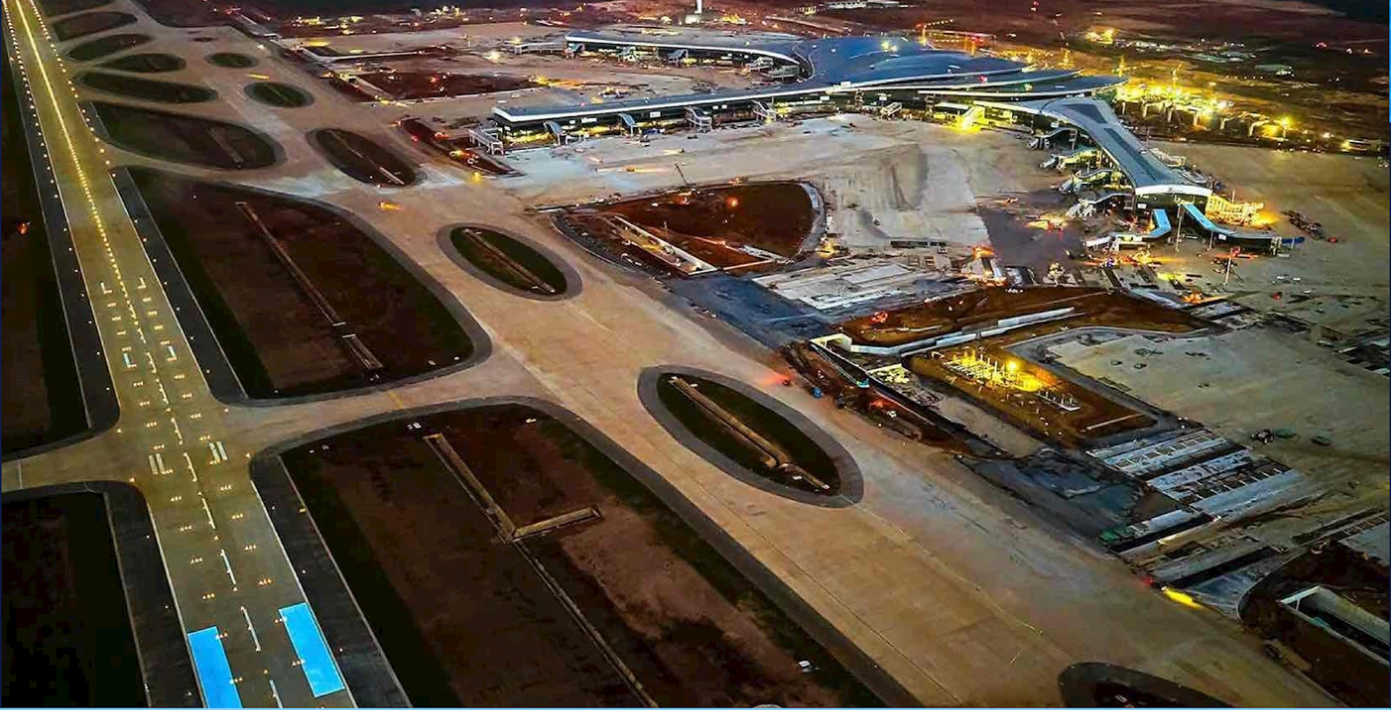The project "recruiting and training interns" is still developing and achieving many expected results. In the last TTS Glotrans HPG 05 course, 5/6 TTS students became official Glotrans employees.

On April 20, 2022, Glotrans HPG was pleased to organize the 5th TTS certificate awarding ceremony with the valuable presence of the distinguished guest, the Maritime University Business Connection Club. Through this internship, you have had hands-on knowledge and practical experience about Logistics operations in general and operations at Glotrans in particular. Along with that, the company has had the opportunity to work with talented students and has found excellent members to be full-time employees.
 Through this, Glotrans would also like to thank the students who have devoted themselves during the past time. And thank you for the enthusiastic support of the Maritime University and the Business Connection Club of the Faculty of Economics for contributing to the success of this project.
Through this, Glotrans would also like to thank the students who have devoted themselves during the past time. And thank you for the enthusiastic support of the Maritime University and the Business Connection Club of the Faculty of Economics for contributing to the success of this project.
The project "Recruiting and Training Interns" will continue to be implemented and developed, Glotrans hopes that the project will be developed and closer to students, along with that Glotrans will also have many opportunities. opportunities to work with younger and more talented human resources.

 Through this, Glotrans would also like to thank the students who have devoted themselves during the past time. And thank you for the enthusiastic support of the Maritime University and the Business Connection Club of the Faculty of Economics for contributing to the success of this project.
Through this, Glotrans would also like to thank the students who have devoted themselves during the past time. And thank you for the enthusiastic support of the Maritime University and the Business Connection Club of the Faculty of Economics for contributing to the success of this project.







